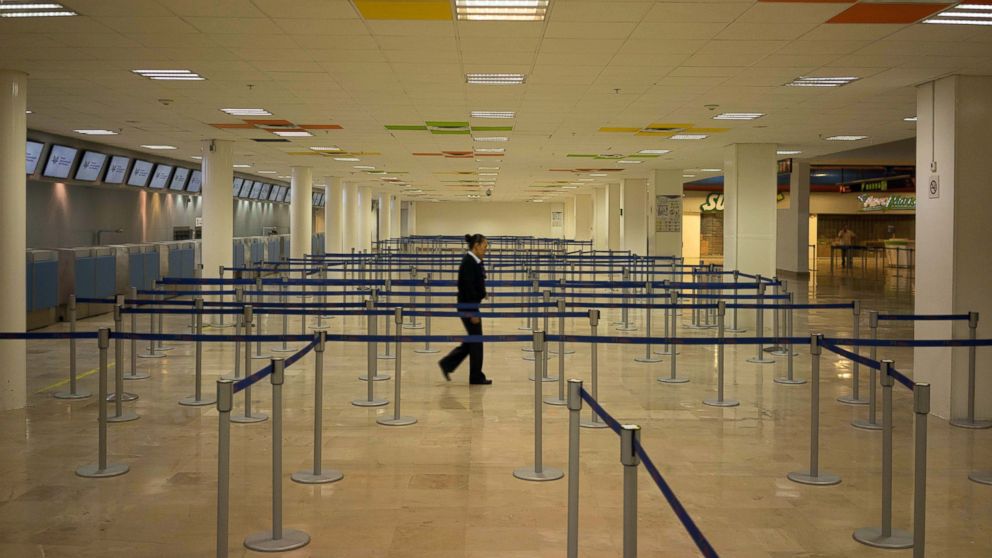What Airline Mergers Mean for Travelers
When airlines merge, competition disappears.

— -- Where have all the airlines gone?
Some went out of business in the dark days of Great Recession. Beginning in 2008, U.S. carriers like Aloha, Skybus, ATA and more all called it quits. Others have been devouring each other; in the past eight years alone, we’ve seen Delta’s takeover of Northwest, the mergers of United/Continental, Southwest/AirTran and American/US Airways.
It sometimes feels like the more mergers, the merrier. The latest is Alaska’s recently announced acquisition of Virgin America.
What does this mean for travelers?
When airlines merge, competition disappears. When competition disappears, prices rise. Oh, not right away, maybe, but it’s a natural consequence when there are fewer airlines to choose from.
Here are some more things to know about the latest airline union.
1. What about the miles?
Airline mergers are only slightly faster than your average tortoise so don’t expect a lot of details on the Alaska/Virgin deal anytime soon. But generally speaking, airlines tip-toe around anxiety-inducing issues like miles programs for fear of upsetting their most valued customer, the business traveler.
As Virgin America stated in a recent email, its customers can be “confident” that points and status levels will be honored under Alaska’s mileage program but integration is months and maybe years in the future.
2. What’s going to happen in Dallas?
Good question. Virgin switched from flying out of the city’s big hub, Dallas-Ft. Worth International (DFW) in 2014 in favor of Southwest’s stronghold, neighboring Love Field (DAL) and prices have been extra-competitive ever since.
The problem is, Alaska flies out of DFW so where will the new airline be based? At this point, I don’t think anyone knows.
3. What exactly will happen to ticket prices?
Will fares go up? Alaska answers this question simply and succinctly: No. Then the carrier hedges a bit, adding that both airlines offer fares that are “lower than legacy carriers [such as American, Delta, United] and we expect to keep them that way.”
Time for a splash of cold water: The first thing every airline in every takeover says is, "Oh, no, don’t worry about higher ticket prices, not gonna happen!" Until it does. In this case, we’ll just have to wait and see.
4. Will the merged airline still have what I love?
This is a tough one but the good news is, although Alaska and Virgin have such different personalities – old school vs. new school – both share a reputation for consumer friendliness which attracts unusually loyal followings. Virgin, in fact, was recently named top airline by the respected Airline Quality Rating report, a ranking it's held since 2013.
Alaska, for example, is the only airline that offers any kind of baggage guarantee: If the airline doesn’t get your suitcase to the carousel within 20 minutes of arrival you’ve just earned a $25 flight voucher. Virgin, on the other hand, offers food service whenever you want (no waiting on the cart in coach) plus comfy seats and plenty of entertainment options.
To me, those mood-lit cabins bring to mind the fun-loving mystique of Virgin founder Richard Branson and I hope that doesn’t change. And for those passengers who liked Virgin’s recent introduction of Hawaii flights, you’re going to love Alaska; they’ve been flying to Honolulu and Maui for years with some very good pricing.
Bottom line: Things will change and it’ll take a while. But we are losing one more airline and one more competitor.
Rick Seaney is the CEO and co-founder of Fare Compare, a website that helps travelers find the best deals on flights.
Any opinions expressed in this column are solely those of the author.



